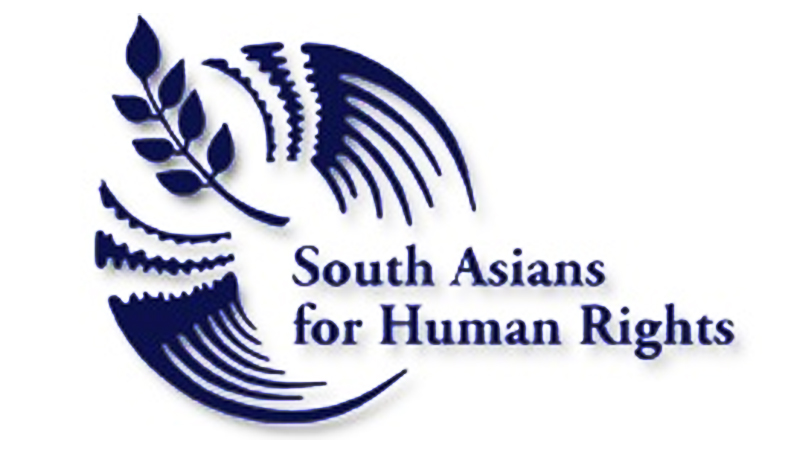Sindh’s response to Covid promising, but rights record worrying in 2020
Press release
Sindh’s response to Covid promising, but rights record worrying in 2020
Hyderabad, 21 June. The Human Rights Commission of Pakistan’s (HRCP) annual report on the state of human rights in 2020 indicates that, by the end of last year, Sindh presented the highest number of Covid-19 infections and deaths in the country, with a death toll of 3,560. The provincial government took a proactive approach to controlling the spread of the virus in the initial phase of the pandemic by closing down schools and imposing a temporary ban on public gatherings ahead of the national lockdown.
The passage of the Sindh Covid-19 Emergency Relief Ordinance 2020 was a welcome development in that it provided some relief to workers, students and tenants. However, these measures were marred by weak implementation, with labour organisations complaining of widespread retrenchments, especially in the private sector. Pakistan Steel Mills also dismissed over 4,500 workers, seeking to retrench about the same number.
HRCP notes that, while the four-year term of local governments in Sindh expired on 30 August, the provincial government had not announced a new date for the next local elections as of end-2020. The report also indicates that 121 prisoners were awarded death sentences in the province in 2020. In a promising sign, no executions were, however, carried out.
Law enforcement remained unstable, with prolonged wrangling between the federal and provincial government over the appointment of a new police chief, creating uncertainty in the police department. The abduction of the Sindh inspector general of police in October by security agencies raised serious concerns over undue political pressure imposed on the police to arrest an opposition leader.
In violation of the right to freedom of association, the federal government formally banned the Jeay Sindh Qaumi Mahaz (Arisar), a Sindhi nationalist political party, in May. There was also an alarming uptick in enforced disappearances in the province. According to one estimate, a total of 127 persons went missing in Sindh during 2020, of which 112 resurfaced while 15 were still missing at the end of the year. A prominent case was that of political activist Sarang Joyo, who was allegedly subjected to torture during his disappearance.
Children’s access to education remained poor, with Sindh education minister Saeed Ghani stating that around 3.5 million children in the province remained out of school. Honour killings continued unabated: HRCP recorded 197 honour crimes in 2020 for Sindh alone, involving 79 male and 136 female victims. At least six cases of forced conversion of Hindu girls were also reported in the province.
On behalf of Hina Jilani
Chairperson
Category: English, Press Releases






